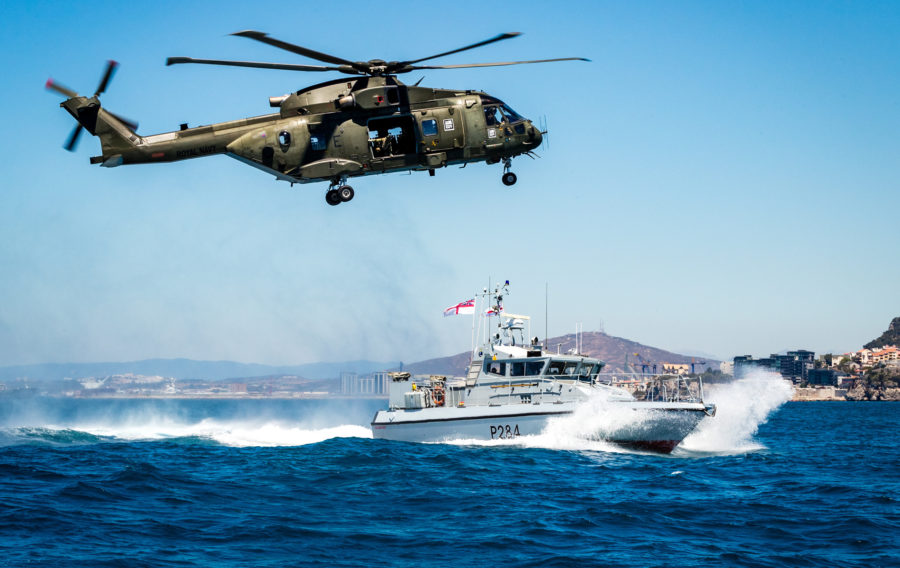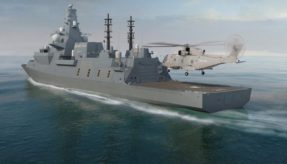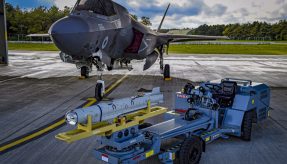
Lockheed Martin has led the celebrations to recognise the 25th anniversary of the Royal Navy’s Merlin anti-submarine and anti-surface helicopter. An event held in Portsmouth’s Historic Dockyard brought together past and present members of the Ministry of Defence, Royal Navy and industry team in celebration of the milestone.
Awarded in October 1991, the £2.2 billion Merlin Mk1 programme was the largest and most sophisticated systems integration project up to that date. The original contract provided 44 airframes, a state-of-the-art training system and a maintenance and support system to the Royal Navy.
Entering service in 1999 and deployed on operations for the first time in 2000, the Merlin Mk1 significantly enhanced the UK’s maritime operational capability with the provision of a new and versatile anti-submarine and anti-surface warfare capability.
Ten years ago, the Merlin Capability Sustainment Programme (MCSP) began. Building on the successful legacy of the Mk1, MCSP was a £750 million project that created 30 upgraded and enhanced Mk2 helicopters, extending their service with the Royal Navy. Over this last decade, employees from both Lockheed Martin and Leonardo have been involved in the design, development and manufacture of the Mk2.
The Merlin programme has maintained critical sovereign capabilities for the UK while creating and maintaining more than 1000 jobs, with much of the development work on the mission system carried out by British engineers.
“Over 25 years of partnership and collaboration, our joint industry-military team has accomplished so much on the Merlin programme,” said Stephanie Hill, Vice President of Cyber Ships and Advanced Technologies for Lockheed Martin. “Delivering the 30th Mk2 in July was a great moment, and we are proud to continue equipping the Royal Navy with the tools they need to perform their vital missions.”
If you would like to join our community and read more articles like this then please click here
Mark Lane is a defence writer for defenceonline.co.uk and the MoD’s Defence Contracts Bulletin. He is also editor of Global Trader, sub-editor of Insider Scotland and a former editor of Business Today.
anti submarine Lockheed Martin MCSP Merlin MK2 Helicopters MOD Royal Navy








